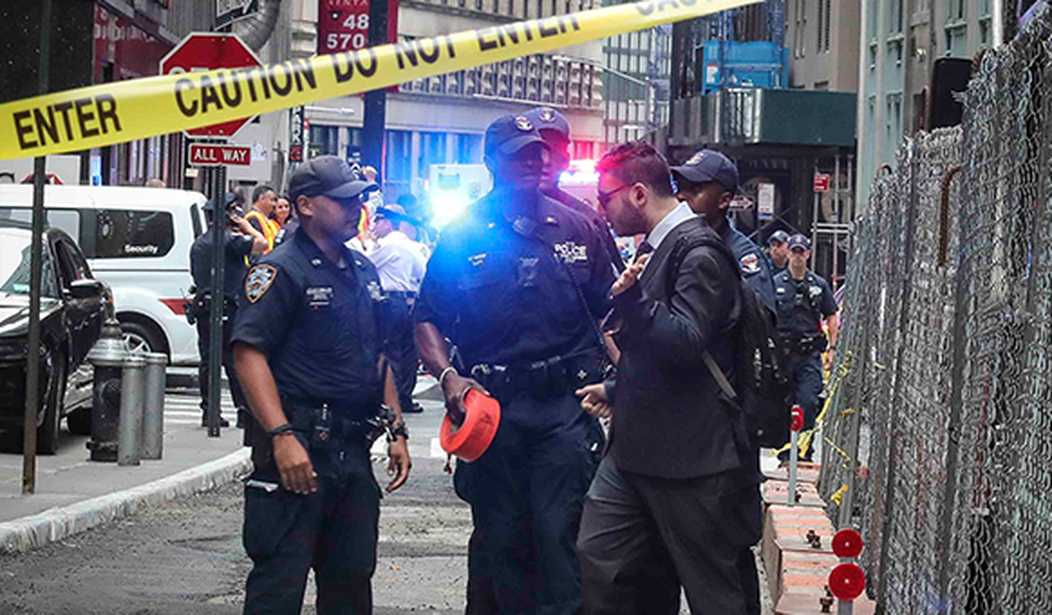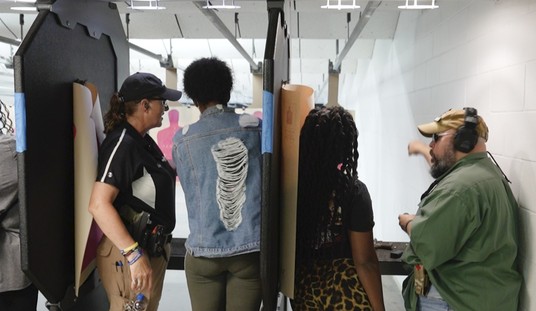We still have a few months before the Supreme Court hears oral arguments in New York State Rifle & Pistol Association v. Bruen; the case that challenges New York’s subjective “may issue” carry permit laws as an unconstitutional violation of the right to keep and bear arms. While the justices on the Court are reading through the dozens of briefs filed in support of the lawsuit, prosecutors in New York City are doubling down on their efforts to put people in prison for the “violent crime” of possessing a gun without a license.
The initiative, announced by Chief Judge Janet DiFiore and Chief Administrative Judge Lawrence K. Marks, is intended to tackle the 4,000 case backlog by implementing a number of measures to expedite the judicial process.
“With the recent rise in gun cases in courts throughout the five boroughs, this citywide initiative will help ensure that these important cases are resolved as swiftly and effectively as possible,” Marks said. “I am … grateful to our New York City justice partners for their support of this effort.”
On the one hand, it’s good that the court system is addressing the thousands of cases that have been piling up over the past few months. On the other hand, given that New York’s law is so constitutionally suspect, the move to expedite these cases means that many defendants are now on a fast track to state prison for simply carrying a firearm without a license that the average New Yorker can’t obtain.
For cases where the top charge is criminal possession of a weapon in the second degree, courts, starting with Queens, the Bronx and Brooklyn, will expand the number of grand juries being seated.
A team of judges will be appointed to adjudicate newly-indicted cases charging felony gun possession in each borough to expedite pretrial hearings and preside over pleas and trials.
Administrative judges will work to expedite the trials where a plea is not submitted and gun possession cases that have already been indicted will be fast-tracked by the judge currently assigned to the case.
As New York City public defenders and attorneys for indigent clients outlined in their own brief to the Supreme Court, possession of a weapon in the second degree is considered a “violent” offense in New York law with the possibility of 3.5 to 15 years in prison for those convicted or who plead guilty.
It is a defense to a pure possession charge if one has a firearm license, but securing such a license is no easy feat—especially for those who are indigent. For example, the New York City Police Department (“NYPD”) maintains control of firearm licensing in New York City. It requires that applicants submit over $400 in fees, pricing out indigent people, like those living in the most impoverished Congressional district in the country, which is in the Bronx. It administratively adjudicates, on its own, the “moral character” of applicants. And it retains ultimate and broad discretion in determining whom to grant or deny licenses.
… In 2020, while Black people made up 18% of New York’s population, they accounted for 78% of the state’s felony gun possession cases. Non-Latino white people, who made up 70% of New York’s population, accounted for only 7% of such prosecutions. Black people were also more likely to have monetary bail set, as opposed to release on their own recognizance or under supervision, even when comparing individuals with no criminal record.
When looking at only N.Y. Penal Law § 265.03(3)—which alleges only possession of a loaded firearm—80% of people in New York who are arraigned are Black while 5% are non-Hispanic white. Furthermore, according to NYPD arrest data, in 2020, 96% of arrests made for gun possession under N.Y. Penal Law § 265.03(3) in New York City were of Black or Latino people. This percentage has been above 90% for 13 consecutive years.
This is what enforcing “common sense gun safety regulations” looks like in practice, and New Yorkers are going to see a lot more of it in the months ahead. I have no problem with prosecutors wanting to fast track cases involving actual violent crimes, but instead the vast majority of these cases are going to deal exclusively with simply possessing a gun without a license. Given New York City’s desire to imprison as many people as possible for this offense, it’s a shame that SCOTUS can’t do a little fast-tracking of its own.









Join the conversation as a VIP Member